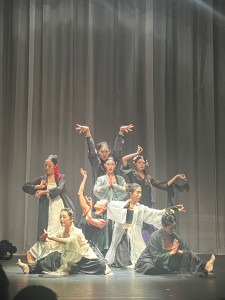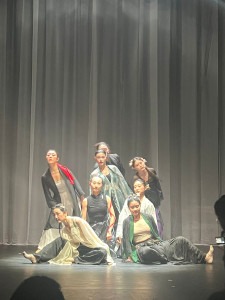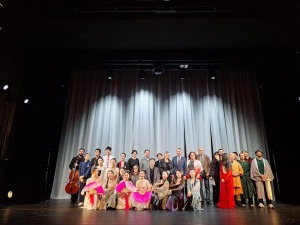UNESCO’S SUMMER ACADEMY OF YOUNG WOMEN
The fight against xenophobia, extremism and aggression
The Romanian National Commission for UNESCO announces the organization of the pilot edition UNESCO’S SUMMER ACADEMY OF YOUNG WOMEN, that will take place in August, 23 – 29, 2017, in Bucharest, Romania. All young people, between 18 – 35 years old, are invited to participate and to become our national and international partners involved in the field.
In the nowadays context, in the 3rd millennium, there are yet situations when the women are discriminated and oppressed. In order to obtain a decent status, similar to the men’s status in society, and to fight against discrimination and violence of all types, women should feel safer and more organized in order to make their voice heard. The project UNESCO’S Summer Academy of Young Women – The fight against xenophobia, extremism and aggression, proposed by the Romanian National Commission for UNESCO, offers a new perspective and offers new solutions on this issue, by sharing new ideas in order to combat discrimination and violence through 3 modules, put in practice by 3 training courses.
In order to ensure the capacity of replication and further valorisation of gained competencies during the Summer Academy, the participants will include at least 50% women who are trainers, coaches, mentors, educators in NGOs or having their own private business having as beneficiaries/ clients women, with a focus on women with fewer opportunities. The project targets both men and women in order to facilitate the understanding of the mentality differences between them and to analyze the sensibilities of each gender. Hugh efforts should be carried out against cultural conflict, aggression, violence that may lead in many cases to an extreme one, especially, violence against women, and we express our willing to contribute to establishing a region, a society based on understanding and solidarity, a society of non-violence, based on dialogue, cooperation and peace.
The first training course will focus on PR and organizational communication, as one of the main instruments in facilitating an open dialogue for combating xenophobia, discrimination and violence or any kind of aggression.
The second training course will focus on intercultural education, starting from the idea that in a fast globalization of societies, there are still barriers and cultural gaps between groups of people and, many times, differences creating conflicts and even aggression.
The third training course will focus on how to create (pro-) attitudes against extremism and violence of any kind, how to create partnerships and networks for solidarity, how to educate children and youngsters to take attitude against violence, to value diversity and human solidarity.
The expected results, at the end, are a deeper understanding of the core problem and a deep understanding of how we can achieve a non-violent society by eliminating through public education this major problem.




















